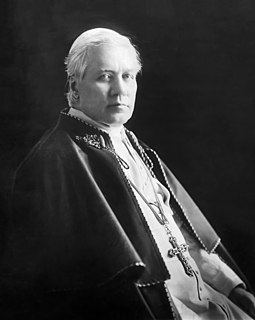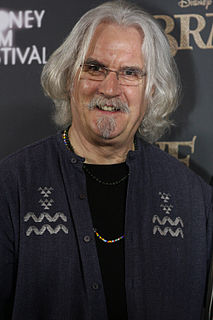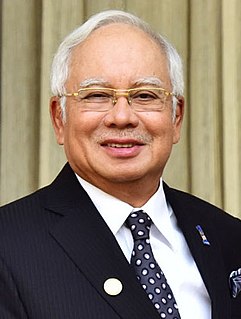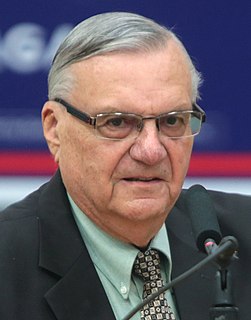A Quote by Matthew Yglesias
I'm a liberal - I believe in subsidies for public goods and in regulations to curb harmful externalities, but neither of those things exist when it comes to parking.
Related Quotes
Classical economics values things by seeing how much someone will pay for them. But this is where classical economics is wrong. What it fails to account for are all the 'externalities' - the services people regard as free goods: pollination services, flood protection, climate regulation, soil stabilization, carbon sequestration.
...the great movement of apostasy being organized in every country for the establishment of a One-World Church which shall have neither dogmas, nor hierarchy, neither discipline for the mind, nor curb for the passions, and which, under the pretext of freedom and human dignity, would bring back to the world (if such a Church could overcome) the reign of legalized cunning and force, and the oppression of the weak, and of all those who toil and suffer. [...] Indeed, the true friends of the people are neither revolutionaries, nor innovators: they are traditionalists.
I'm not beholden to the public, and neither are the public beholden to me or my songs. I'm very much of a populist on those terms, I believe that the song is no longer mine anyway. I like to process the dispossession that happens when you play something live. I don't have a clue as to how these songs are going to plan out, whether they're going to be on a record. I don't know yet.
A ‘liberal paradise’ would be a place where everybody has guaranteed employment, free comprehensive health care, free education, free food, free housing, free clothing, free utilities and only law enforcement personnel have guns. And, believe it or not, such a liberal utopia does indeed exist. ... It’s called prison.
Civilization is an active deposit which is formed by the combustion of the Present with the Past. Neither in countries without a Present nor in those without a Past is it to be encountered. Proust in Venice, Matisse's birdcages overlooking the flower market at Nice, Gide on the seventeenth-century quais of Toulon, Lorca in Granada, Picasso by Saint-Germain-des-Prés: there lies civilization and for me it can exist only under those liberal regimes in which the Present is alive and therefore capable of assimilating the Past.




































